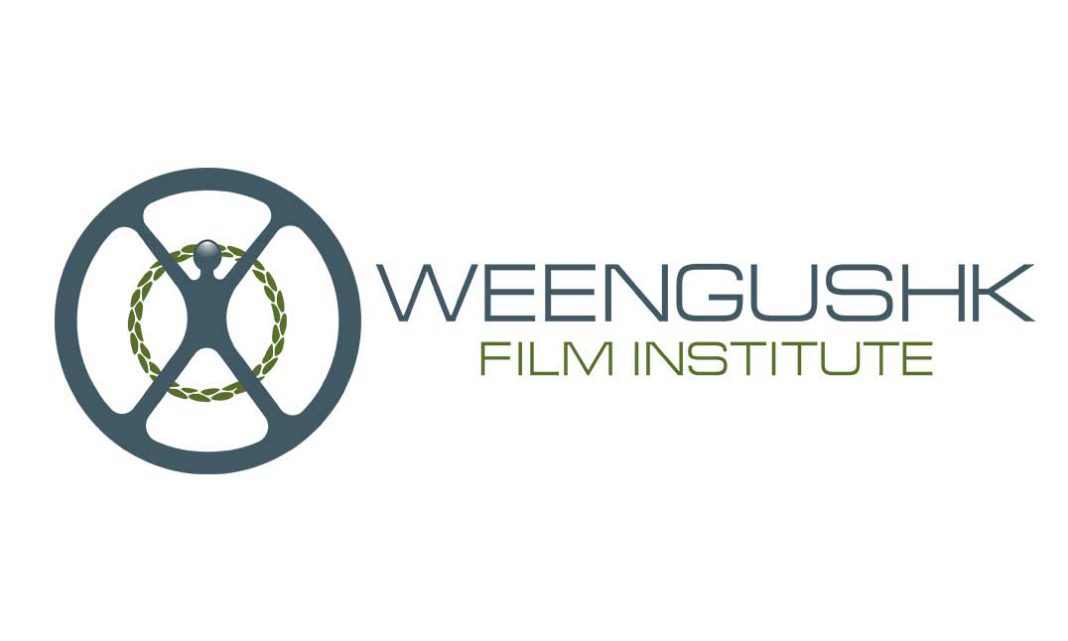M’CHIGEENG—Brock University’s Goodman School of Business is offering an Aboriginal Governance Program this spring, to be hosted at M’Chigeeng’s Weengushk Film Institute. The governance program will offer the opportunity to band councils, band employees and elected chiefs to up their expertise as leaders in their organizations and community.
“We are very excited to be able to offer a program like this,” said Abdul R Rahimi from Brock University’s Centre for Innovation, Management and Enterprise Education, who credited Brock’s new chancellor, Weengushk’s Shirley Cheechoo, for being “a voice for the community” and an impetus for bringing the program to Manitoulin.
The Aboriginal Governance Program curriculum leverages the Goodman School of Business’ experience and track record in providing training and expertise to municipal and provincial government employees to help in constructing the curriculum. The school already works with the Niagara Peninsula Aboriginal Board on programs for aboriginal youth living off reserve.
The program will be offered in two cohorts through three modules, one cohort running from Monday to the first half of Wednesday and the other starting on Wednesday afternoon and running to Friday. The first module begins April 30 and runs to May 4 and covers leadership and time management, as well as the various aspects of leadership. “The soft skills,” noted Mr. Rahimi. “The second module begins May 28 and runs to June 1, with a focus on the technical side of governance. Basically, decision making and finance; while the third module begins June 25 and runs to June 29 and investigates the Westminster model of governance versus the indigenous model.
Seminar topics that will be included in the program include: embracing the leadership challenge (a full day); leading change (a full day); and teamwork (a half day); budgeting and financial management (full day); applied budgeting and financial management (full day) and managerial decision making (half day); the historical development of governance—with the juxtaposition of the Westminster models versus Indigenous styles (half day); ethics and protocol—how to deal with each other (half day); organizational imperatives—that is the rules, regulations and traditions (half day); legal implications (half day); and cultural fit (half day).
The program will appeal to both current and aspiring Indigenous politicians, noted Mr. Rahimi. “We already do a number of programs with local municipalities and the province,” he noted. “Our expertise in business allows us to offer a comprehensive program.” As for programs that focus on providing insight to non-Indigenous businesses and organizations seeking to up their game in a new environment of consultation and collaboration with First Nations governments and communities, Mr. Rahimi noted that “is a natural next step.” But right now the focus is on providing sound grounding in governance close to home for Island First Nations.
The cost of the program, $4,900 plus HST per participant, is quite low for offerings of this type, noted Mr. Rahimi. But if the seat is booked by an employer organization, they may be eligible for up to 83 percent funding of the placement, covered by the Canada-Ontario Grant. “That could drop the cost of 11 seminars to as little as $899 per participant,” noted Mr. Rahimi. The added bonus is that the courses are taking place close to home. “People will be able to go to class and at the end of the day go home to have supper with their families. It can amount to very significant savings as well.” Instead of having to travel to a distant community in a larger urban centre, the courses will be close to home.
The program content is quite advanced, Mr. Rahimi pointed out, with many of the seminar content correlating to what would be found in a master degree level class.




